LECERP and GIFEC officials join trained enumerators for a group photograph as they prepare to embark on the nationwide digital inclusion assessment
The Legon Centre for Education Research and Policy (LECERP) has commenced nationwide fieldwork for a comprehensive impact assessment of digital inclusion initiatives implemented by the Ghana Investment Fund for Electronic Communications (GIFEC).
The exercise forms part of a partnership between LECERP and GIFEC, aimed at evaluating the reach and effectiveness of GIFEC’s programmes in bridging Ghana’s digital divide. Funded by Deutsche Gesellschaft für Internationale Zusammenarbeit (GIZ), the study will assess the contribution of interventions such as rural connectivity projects, cyber laboratories and digital skills training to promoting inclusion, gender empowerment and youth development across underserved communities.
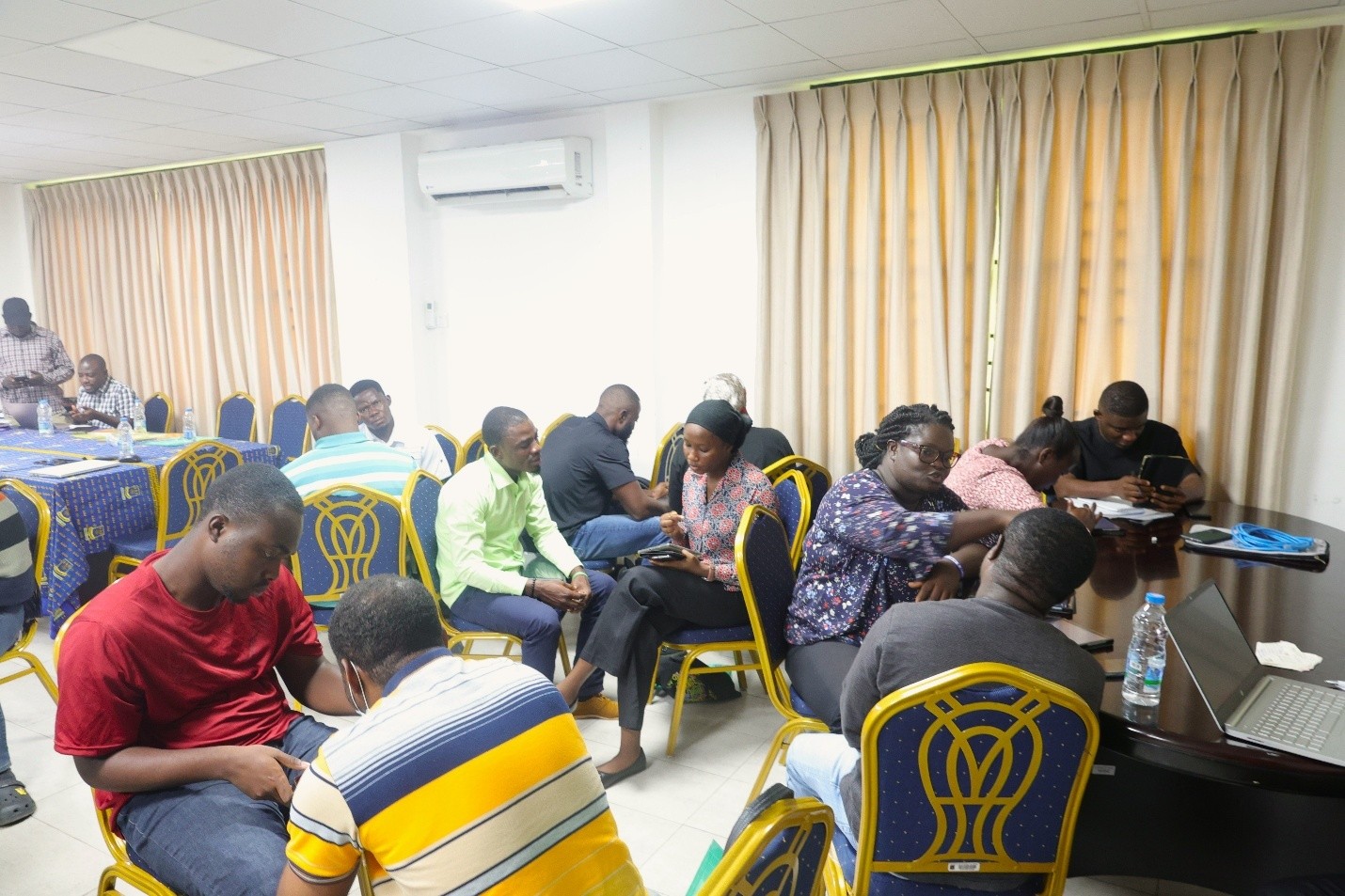
A cross-section of participants at the training conducting Role-play exercise
As part of the preparatory phase, LECERP trained about forty (40) enumerators from 29 July to 1 August, 2025 in Accra. The four-day programme equipped participants with skills in ethical data collection, Computer-Assisted Personal Interviewing (CAPI) and strict adherence to data quality protocols. Fieldwork is scheduled to take place between 5 and 29 August, 2025, covering selected communities nationwide.
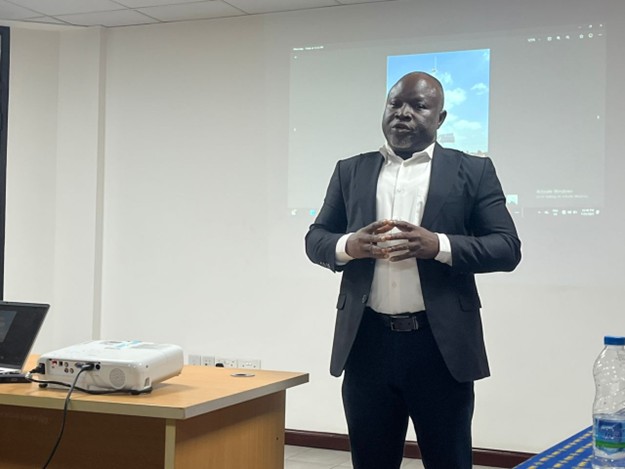
Dr. Clement Adamba, Director of LECERP
Welcoming participants to the training, Dr. Clement Adamba, Director of LECERP, expressed enthusiasm about the collaboration and underscored the Centre’s commitment to professionalism. “At LECERP, we believe that the key to sustaining partnerships lies in the consistent quality of our work. The Centre may be new, but the individuals within it are not—we’ve been doing this work for a long time,” he said. He urged enumerators to approach the exercise diligently, stressing that programme evaluation requires greater nuance than traditional household surveys.
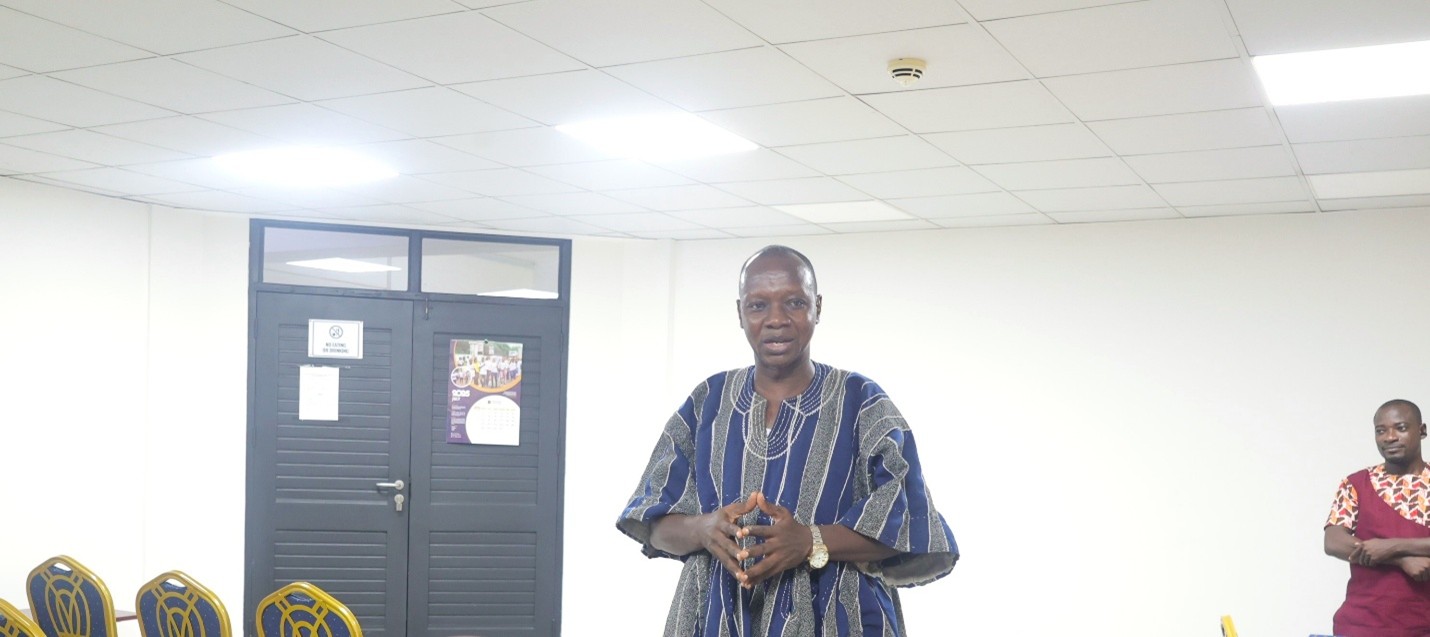
Dr. Musah Sulemana, Head of Research at GIFEC
Similarly, Dr. Musah Sulemana, Head of Research at GIFEC, outlined the scope of the study. He explained that the nationwide survey will evaluate all GIFEC-funded programmes under three key components—Universal Access, Socio-economic Impact, and Institutional and Partnerships Framework. “Our expectation is that the final report will capture all our intervention programmes—our telephony projects, cyber laboratories, and digital skills training initiatives across the country,” he noted.
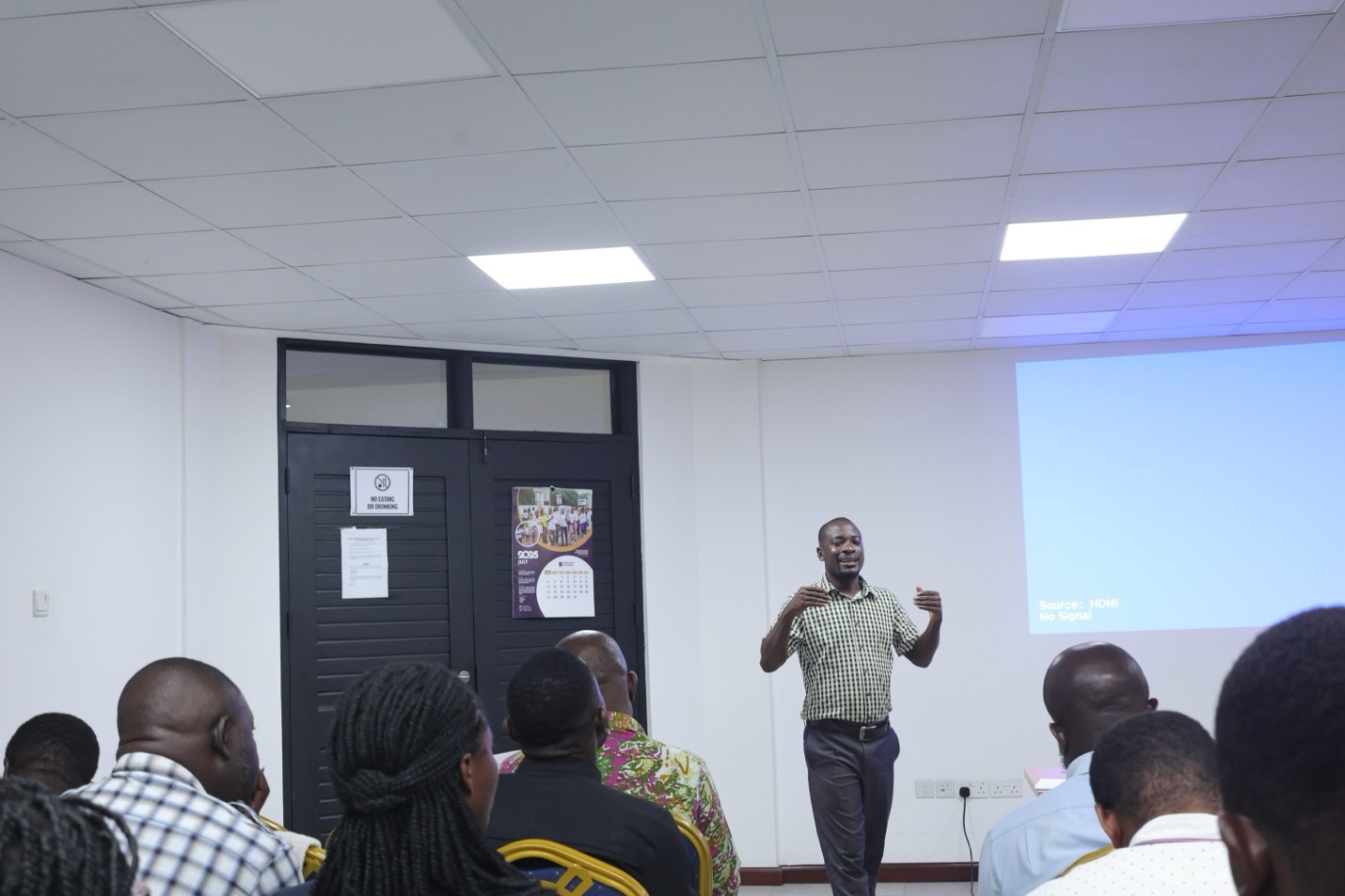
Dr. Innocent Agbelie, Research Fellow at LECERP
Addressing the trainees, Dr. Innocent Agbelie, Research Fellow at LECERP, reminded them of their ethical obligations in the field. “Protecting the integrity of the data and the trust of respondents is key. The quality of this study depends on how you conduct yourselves on the field. Your professionalism and ethical standards must be impeccable,” he said.
The impact assessment will not only measure the extent to which GIFEC projects have improved digital access but also examine their influence on project sustainability, stakeholder engagement, and the growth of Micro, Small and Medium Enterprises (MSMEs), particularly female-led businesses. It further seeks to document best practices, identify challenges and capture the experiences of vulnerable groups, including women, girls and persons with disabilities.
The findings are expected to make a significant contribution to Ghana’s national digital inclusion strategies and shape future policies to ensure equitable access to information and communication technologies for all citizens.
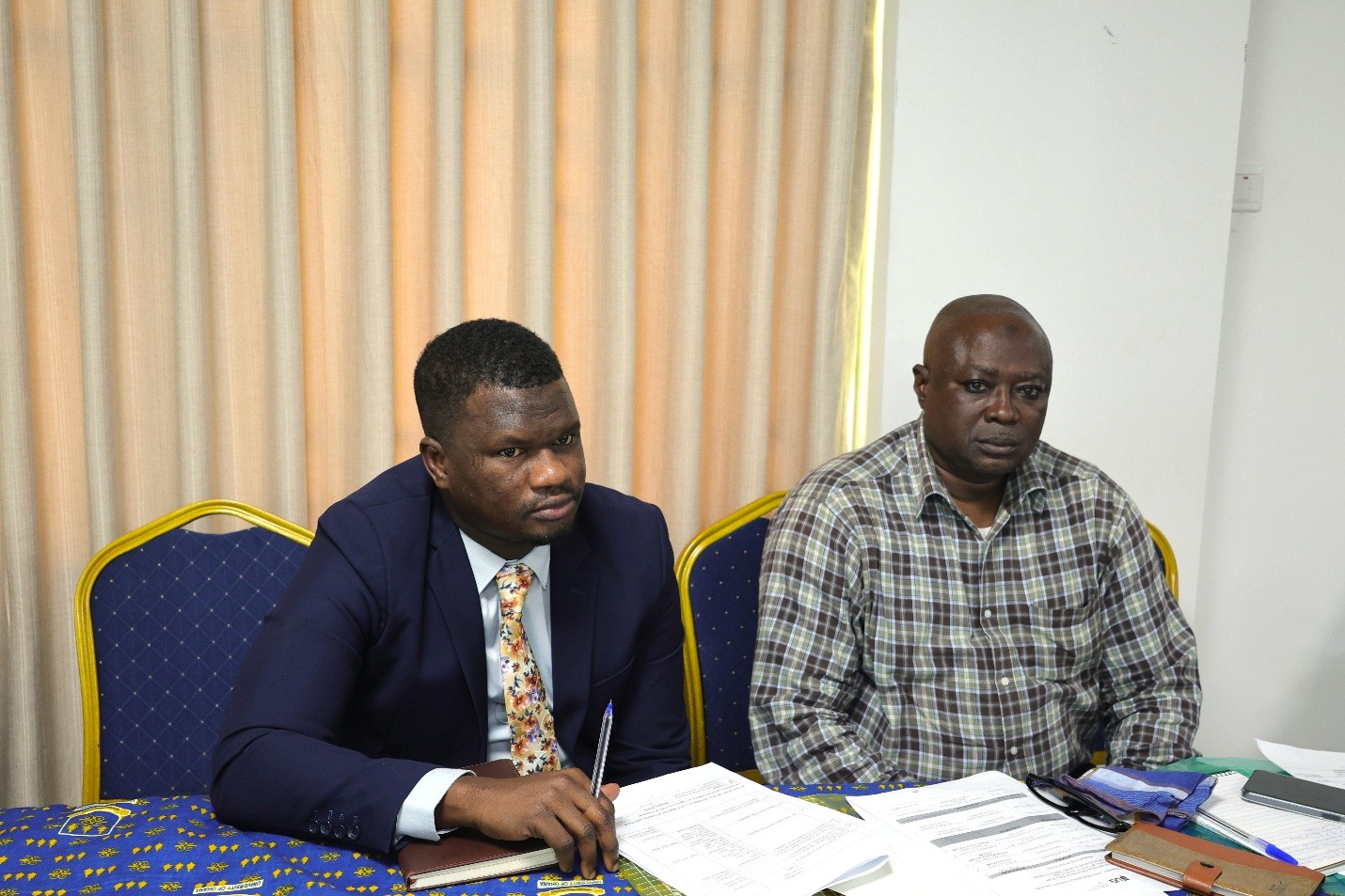
Left to right: Mr. Osman Mohammed Tanko and Mr. Umar Abdul-Wahab
Also present at the training were GIFEC officials, Mr. Osman Mohammed Tanko and Mr. Umar Abdul-Wahab, who took part in the sessions.
